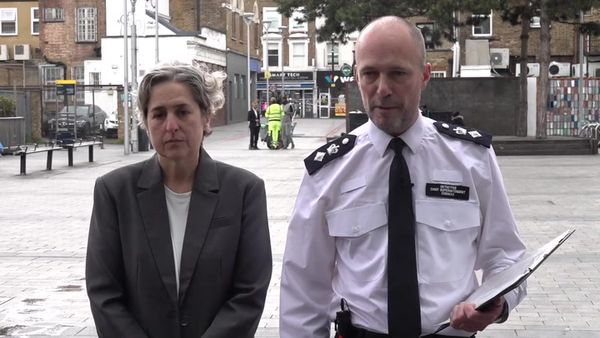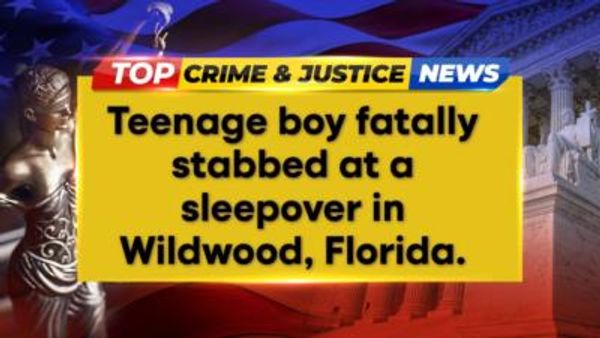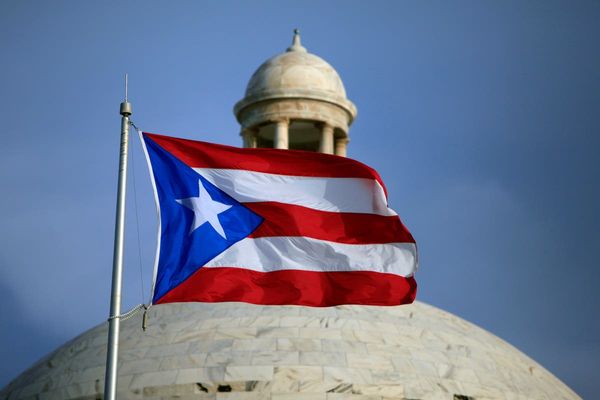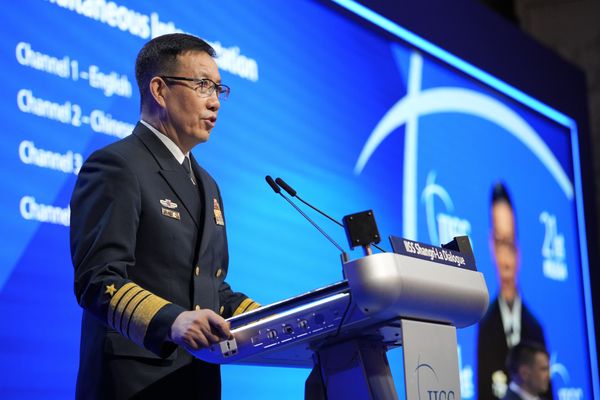
Londongrad: Iran’s Hit Squads | Tortoise Media
Pod Save the UK | Crooked Media
Frontlines of Journalism (BBC Radio 4) | BBC Sounds
The Greatest Hits of Abba (Greatest Hits Radio) | Planet Radio
Paul Caruana Galizia is the son of the murdered Maltese journalist Daphne Caruana Galizia, and as such has a more than casual interest in corrupt authorities hiring assassins to get rid of problematic journalists. His mother, an investigative reporter who had exposed links between the Maltese government and dodgy businessmen, was killed in 2017 by a car bomb. Since then, Paul and his brothers, Matthew and Andrew, have worked hard not only to keep their mother’s name alive, but also to try to track down her murderers (listen to Wondery’s Who Killed Daphne? or Paul’s own My Mother’s Murder, on Tortoise).

Paul, who is based in the UK, has been carving out his own career as an excellent investigative journalist. Last year he researched and presented the darkly fascinating Londongrad podcast series. This looked at the links between the Lebedevs (Alexander and son Evgeny) and the UK’s Tory government, particularly during the Boris Johnson era. With the second series, Paul turns his dogged mind and instantly recognisable voice to Iran in Londongrad: Iran’s Hit Squads. His argument is that, until recently, the biggest terrorist threat to the UK came from organisations such as Islamic State or al-Qaida; now it is from rogue states such as Russia and China and – especially – Iran. And London is the place where many of these crimes are being attempted.
The director general of MI5 confirms that there were at least 15 plots to kill or kidnap British or UK-based individuals by Iran’s intelligence services last year. Rana Rahimpour, a BBC presenter, describes how her life has changed since 22-year-old Mahsa Amini died after being taken into custody by Iranian authorities for not wearing her hijab (headscarf) correctly; Amini’s death triggered the recent protests in Iran. Rahimpour’s reporting of it has made her and her family targets. “My life in London, which I used to think was safe, is no longer the same,” she says. Iran International, a TV station based in west London, has been forced to move to the US because of threats.
But why is no one being prosecuted? Because the British government doesn’t want them to be. Iran has long been a state that Britain thinks can be flipped from an Islamic theocracy into something more palatable to the west. Caruana Galizia, a man who searches out truth like a laser, does not accept this argument.
This series isn’t as easy a listen as the original Londongrad. The characters aren’t as flamboyant, the parties not as silly. Gone are the tales of Katie Price attending a Lebedev dinner that included Boris Johnson and flashing her boobs at him, saying, “They’re like granite”. Instead, we have the mundane setting of a light industrial estate in Chiswick. Still, as with the first series, Caruana Galizia takes the shine off London’s glitz and exposes it for what it is. If I were writing a modern James Bond, this would be the series I’d listen to, for background on today’s international bad guys. Know your enemy.

More contemporary political shenanigans with the launch of Pod Save the UK, the new British spin-off of the immensely successful Pod Save America. The latter was started in 2017, just after Trump was elected, by four policy wonks from the Obama administration. It quickly established itself as a star in the podcast firmament and is now one of the most popular. In Trumpian times I used to listen a lot, though I gradually fell out of love with it. Everyone agreed with each other too much; it could feel a little smug.
The UK version, only a couple of episodes in, is hosted by comedian Nish Kumar and journalist Coco Khan. Neither, then, have the inside government info that the US version has, making this more of a straightforwardly funny-but-serious leftwing political show. Of the two hosts, Khan is much the better; quick-witted and well informed, though slightly too loud. Kumar is, sadly, just loud. Still, last week’s show – the second – was far stronger than the first.
The topic was republicanism – what would Britain look without the monarchy? – and featured Professor Amelia Hadfield, who was informed and interesting. Later, Labour MP Clive Lewis was fluent and funny. A stronger edit would be great – more than an hour is about 20 minutes too long – and the show suffers from that must-laugh-at-everything mania that can happen with new podcasts. No doubt this will lessen as everyone relaxes.

Pod Save the UK is a good example of how we like our political journalism these days: casual, funny and overtly biased. In Radio 4’s Frontlines of Journalism, BBC veteran Jeremy Bowen tries to unpick ye olde Beeb approach: essentially, impartiality. These days, news is often reported differently. Can the BBC keep up? Should it change its reporting style? These are interesting questions. It’s unfortunate, then, that the series is stodgy, dull-ish fare, unlikely to convince fans of Piers Morgan or James O’Brien that the BBC’s approach is best.
Just room, in this week of Eurovision, for a nice spot of Abba. Greatest Hits Radio has a four-part Sunday series, The Greatest Hits of Abba, about the super Swedes, slickly hosted by Mark Goodier. Naturally, this is a banger-packed listen, perfect for banishing any end-of-weekend fear. It will culminate with an interview with Björn Ulvaeus on 28 May. How can we resist ya? Etc.








